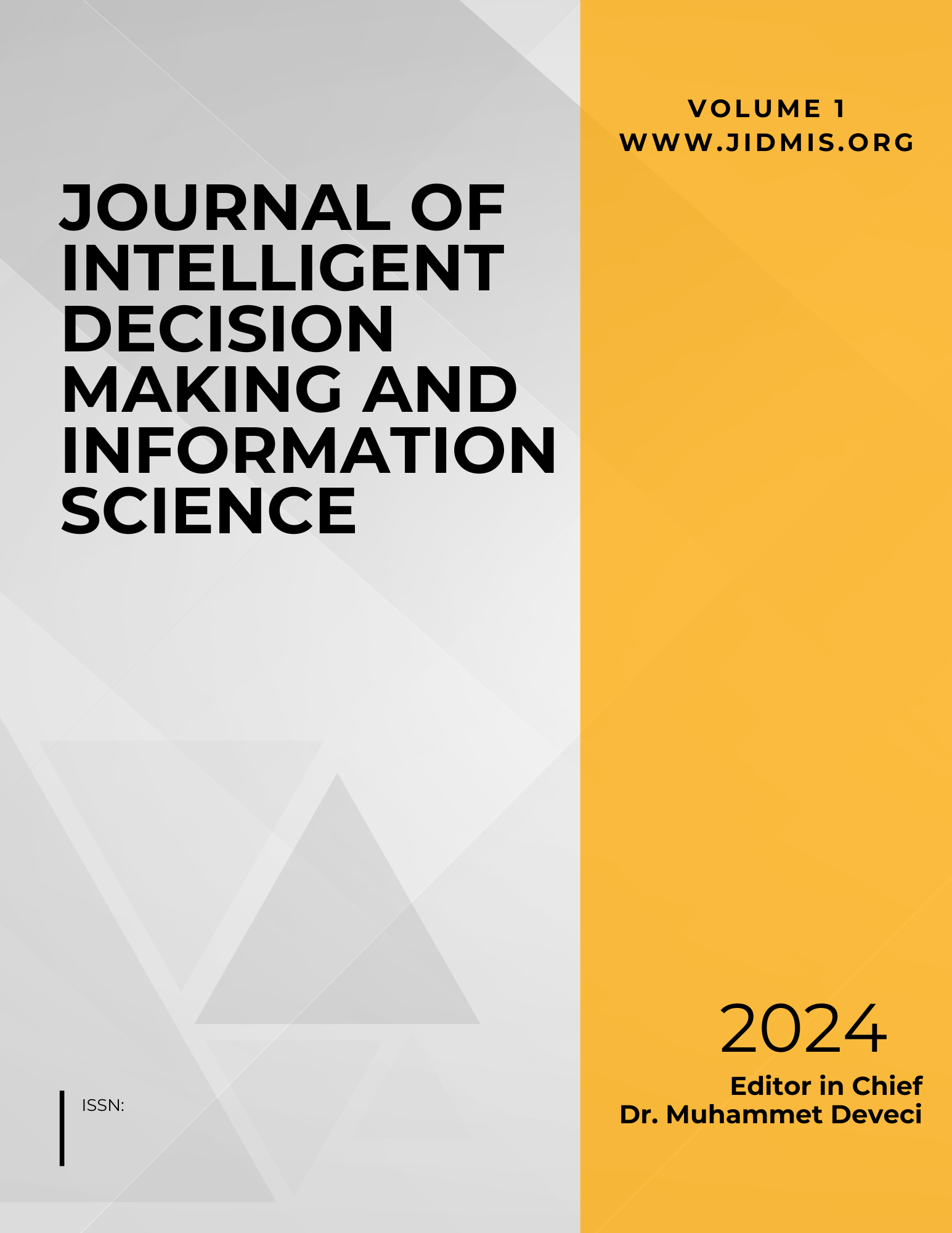A Dual-Stage Decision-Making Model for Overcoming Investment Barriers in Nuclear Energy Projects in Turkey
DOI:
https://doi.org/10.59543/jidmis.v1i.11449Keywords:
Nuclear energy, strategy development, hybrid decision-making model, DEMATEL, TOPSISAbstract
Nuclear energy projects have many advantages. High energy efficiency is one of the most important advantages of this type of energy. With nuclear reactors, a very large amount of energy can be produced with a small amount of fuel. Low carbon emissions are another advantage of nuclear energy. Compared to fossil fuels, the carbon emissions that occur in obtaining energy from nuclear reactors are almost zero. Nuclear energy is also of vital importance for Turkey. The most fundamental reason for this is that Turkey is a country that is dependent on foreign energy. This situation negatively affects the country's current account deficit. The increasing current account deficit also makes the country's economy much more fragile. Nuclear energy increases energy supply security as a domestic energy source and reduces external dependency. The development of Turkey's nuclear energy investments is essential. For this process to be implemented successfully, measures must be taken to eliminate these difficulties. In this study, it is aimed to identify the most appropriate strategies for the development of Turkey's nuclear energy investments. Within this framework, a two-stage decision-making model is established. In the first part of the study, the importance weights of the selected criteria are calculated. In this process, the DEMATEL technique is taken into consideration. In the second part of the model, the aim is to determine the most appropriate investment strategies. To achieve this goal, a Rankin analysis is carried out using the TOPSIS technique. It is concluded that technological improvement is the most critical indicator to overcome the problems of nuclear energy investments. Financial issues and customer expectations are other essential items in this regard. However, organizational effectiveness has the lower weight in comparison with the other determinants. On the other side, it is identified that technological and operational development is the most critical strategy to minimize the negative impacts of the nuclear energy investments. Similarly, overcoming financing and economic challenges and improving regulation and policies are other critic issues for this situation.
Downloads
Published
How to Cite
Issue
Section
License
Copyright (c) 2024 Serhat Yüksel, Hasan Dinçer, Serkan Eti

This work is licensed under a Creative Commons Attribution 4.0 International License.
JIDMIS is published Open Access under a Creative Commons CC-BY 4.0 license. Authors retain full copyright, with the first publication right granted to the journal.











